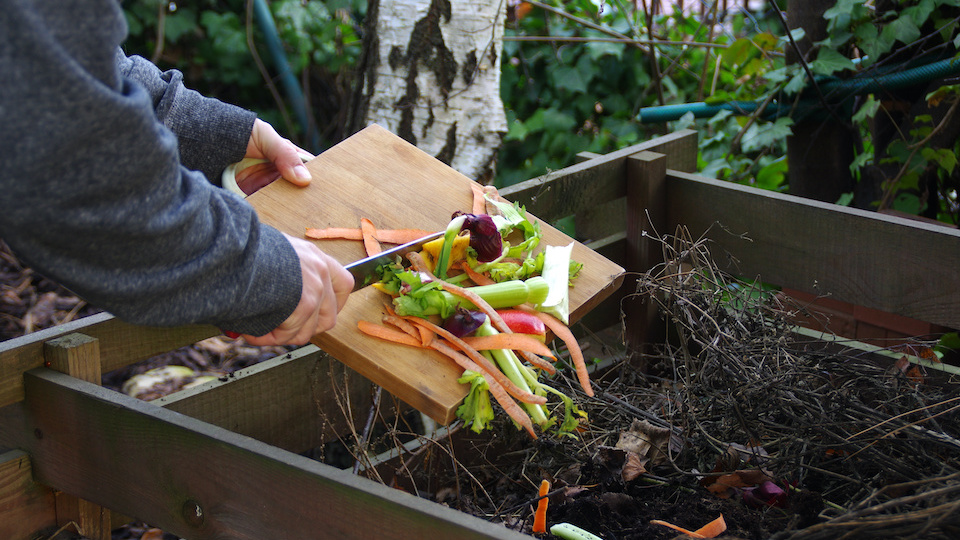The generous and consistent use of compost is what makes a yard and garden beautiful. It is nature’s superfood for huge blooms, beautiful shrubs, trees, fruits, vegetables, and herbs. When people ask me how I get my yard to look so beautiful and vibrant, I tell them that I have a secret weapon…compost.
Adding compost to the soil improves soil quality and productivity. If you have a small garden space, buying high-quality compost in bags is reasonable, but if you have a larger area, it is wise to consider buying in bulk. Here are some things to keep in mind when searching for and purchasing bulk compost.
If you need any more than half a pickup truck full of compost, it is best to seek out a reliable bulk source. Not only will it be easier to manage, but you will also pay far less when you buy in bulk. Plus, you will help the earth by keeping plastic bags out of the landfills.
Begin your search for bulk compost by contacting your local garden supply and landscape stores and asking if they sell compost in bulk or know where you can acquire it. Most of the time, they will deliver for a modest fee, which makes it easy if you don’t have a truck.
How much compost do I need?
According to the U.S. Composting Council, you should strive for 5% of organic matter in each plantable area. Working an inch into the top several inches of soil will result in excellent results and will build up healthy soil to grow healthy plants. To get the exact right amount of compost that you need, you can also use any number of online calculators and apps that will figure out the calculations. Simply enter the depth of compost you desire, along with the dimensions of the area you wish to cover, and the correct amount will be calculated.
Know what is in your compost
It is essential to know that not all compost is created equal. It is not all good and beneficial for your garden. Compost is the end result of whatever inputs were initially used. This means that if chemicals, including pesticides and herbicides, were on the material to begin with, they are still part of the finished product!
The best compost is compost that is Certified. Certified compost, as indicated by the U.S. Composting Council, must go through a series of tests to ensure that it passes quality assurance standards for both safety and effectiveness.
Making compost yourself
If you have the means, it is a great idea to make your own compost. This way, not only do you know what is in your compost, but you also have it readily on hand when you need it. Here are a few tips for making the best homemade compost ever.
Compost needs three ingredients to become what your soil needs:
- Green material – Green material is material that is high in nitrogen and includes kitchen scraps like coffee grounds, peelings, fruit cores, and eggshells. Any kitchen waste that is not greasy or meat can be composted. Grass clippings, leaves, and weeds are also considered green material and can be composted. Rabbit, chicken, horse, and other farm animal manure can also be composted but not dog or cat manure.
- Brown material – Brown material is high in carbon. Things like paper, sawdust, small branches, twigs, and straw are considered brown.
- Moisture – The final ingredient in amazing compost is sufficient moisture. Without enough moisture, it will take forever for your compost materials to break down. If your compost pile is too wet, it will become stinky and slimy and be overpowered by bad bacteria. Your pile should be damp but not soaking wet. If you live in an area where there is not much rainfall, be sure to dump a bucket or two of water on your pile once a week.
When your compost pile becomes hot in the middle, it is just right. This heat is necessary to kill weed seeds and diseases that might be present and is an indication that your ratio is correct.
Turning your compost pile
It is important to turn your pile from the outside in at least once a week. Just move the debris that is on the outside towards the middle so that fresh compost is exposed. This also gives beneficial organisms time to work through all of the pile.
Keeping up the right routine will result in rich and dark compost in about two months. Use compost on all of your favorite indoor and outdoor plants!
-Susan Patterson



